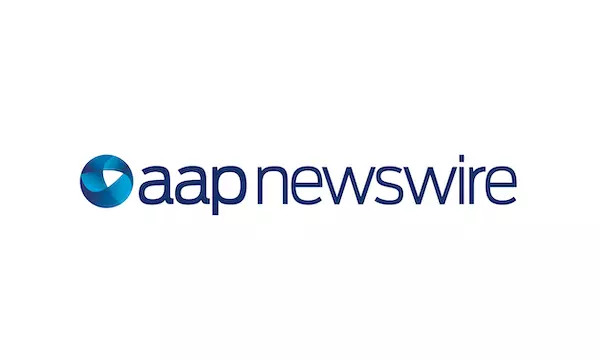United Airlines (UAL) shares soared higher Thursday after the carrier posted a modestly wider-than-expected first quarter loss but noted it sees a near-term travel boom that will generate the highest second quarter earnings on record.
United's loss for the three months ending in March was pegged at $4.24 per share, down from $7.50 per share loss over the same period last year and just outside the Street's -$4.22 forecast. Revenues also missed estimates at $7.57 billion, but was still more than double last year's pandemic-era tally.
Looking ahead, however, United said late Wednesday its expects to turn profitable by the end of the quarter, with a 10% operating margin, even in the face of surging fuel costs.
Last month, during a presentation to the J.P. Morgan Industrials Conference in New York, United said bookings and traffic had improved notably since the start of the year amid the easing of pandemic era restricts on business and travel.
United also said it sees jet fuel costs of around $2.99 per gallon in the first quarter, up 19% from its January forecast, and $3.50 in the second, a figure that is nearly double last year's levels.
"The demand environment is the strongest it's been in my 30 years in the industry – and United and its customers will benefit more than any other airline," said CEO Scott Kirby. "We're now seeing clear evidence that the second quarter will be an historic inflection point for our business. It leaves me more optimistic than ever about United's future."
United Airlines shares were marked 12.5% higher in late morning trading Thursday to change hands at $50.35
United's recent gains followed a ruling from U.S. District Judge Kathryn Kimball Mizelle in Tampa, Florida yon Monday to strike down the U.S.'s 14-month old mandate, established by the Centers for Disease Control as well as the U.S. Transportation Security Administration, as a result of a case brought by non-profit interest group called Health Freedom Defense Fund.
U.S. airlines were quick to react, with United moving first to eliminate its own mandate to wear masks on planes, with rivals American Airlines (AAL), Southwest Airlines (LUV) and Delta Air Lines (DAL), quickly following suit with immediate suspensions of their own in-flight rules.
Last week, Delta posted a narrower-than-expected first quarter loss, with a big boost in revenues, thanks to what it called a "strong rebound in travel demand" as the Omicron infection wave faded over the final month of the period.
Delta CEO Bastian told CNBC at the time that he hoped the White House would lift its pandemic-era mask mandate on planes and in airports, which was slated to last until May 3, but noted that demand would continue to improve even if it were to be extended.
Last month, Airlines for America, a lobby group representing the biggest U.S. domestic and international carriers, asked the Biden Administration to drop predeparture test requirements, following similar decisions in the U.K. and Europe, and said the current mandate requiring masks on planes and in airports was outdated, noting high levels of public immunity to Covid variants, vaccine and therapeutics availability and flight cabin air quality.







